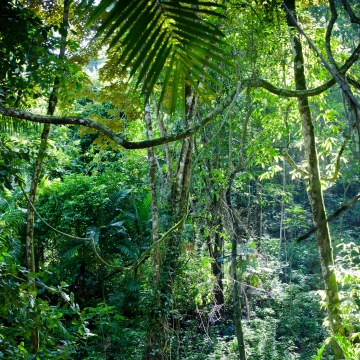Seventh Workshop - Bogotá, Colombia
The seventh EfD Forest Collaborative workshop, held during the 13th Annual Meeting of EfD. Forest Collaborative Workshop Agenda Presentations: Concept Note: Mexico - Nov. 2019 - Danae Hernandez…
Using Biophysical Variables and Stand Density to Estimate Growth and Yield of Pinus patula in Antioquia, Colombia.
Timberland investment opportunities in Colombia are expected to increase as a result of the peace agreement recently signed between the Colombian government and the Revolutionary Armed Forces of Colombia. This new socio-political environment may facilitate the expansion of commercial forest plantations on a wider range of site conditions that are currently considered in existing biometric tools.
Criteria for effective zero-deforestation commitments
Zero-deforestation commitments are a type of voluntary sustainability initiative that companies adopt to signal their intention to reduce or eliminate deforestation associated with commodities that they produce, trade, and/or sell. Because each company defines its own zero-deforestation commitment goals and implementation mechanisms, commitment content varies widely. This creates challenges for the assessment of commitment implementation or effectiveness.
Beyond proximate and distal causes of land-use change: linking Individual motivations to deforestation in rural contexts
Most of the literature on the causes of tropical deforestation has focused on the proximate and distal causes. However, research exploring the psychological drivers of deforestation, i.e., motivations, is still scant despite being crucial to understand the processes of land-use change and individual decision making within social-ecological systems. We studied the combined effect of structural and individual causes of deforestation, with particular emphasis on motivations, for a sample of rural households in Colombia’s foremost tropical deforestation frontier.
Pagination
- Previous page
- Page 31
- Next page





